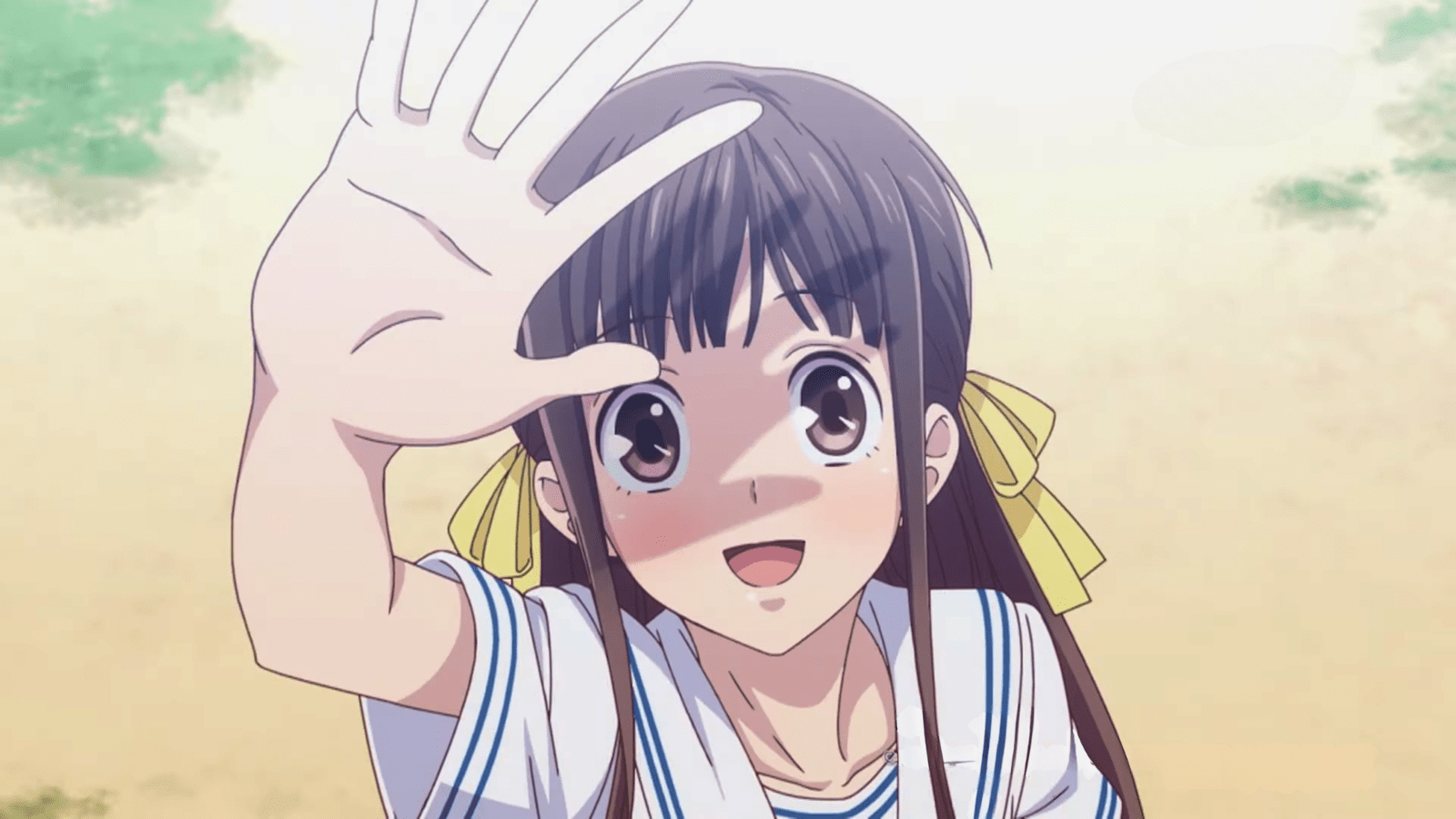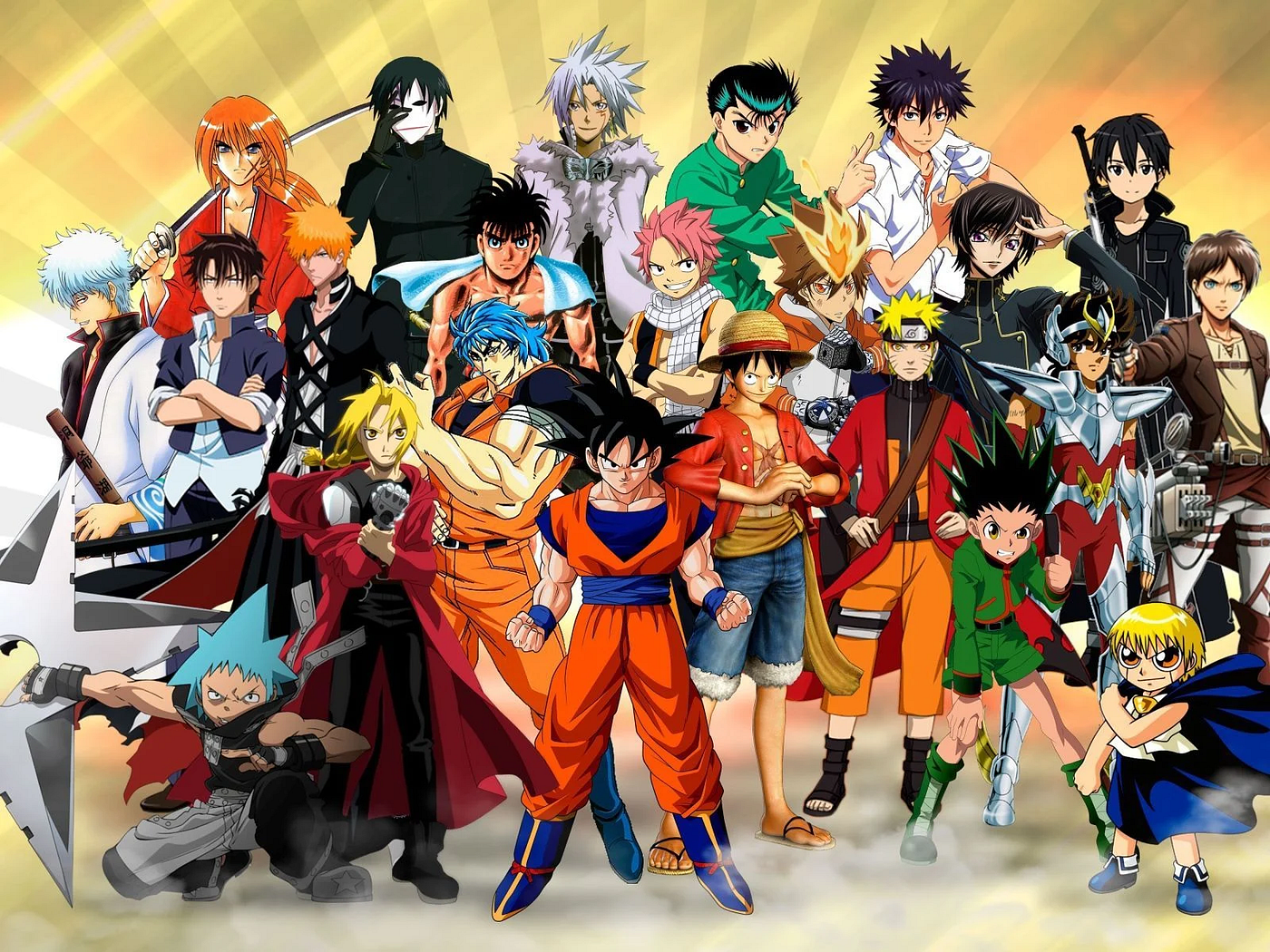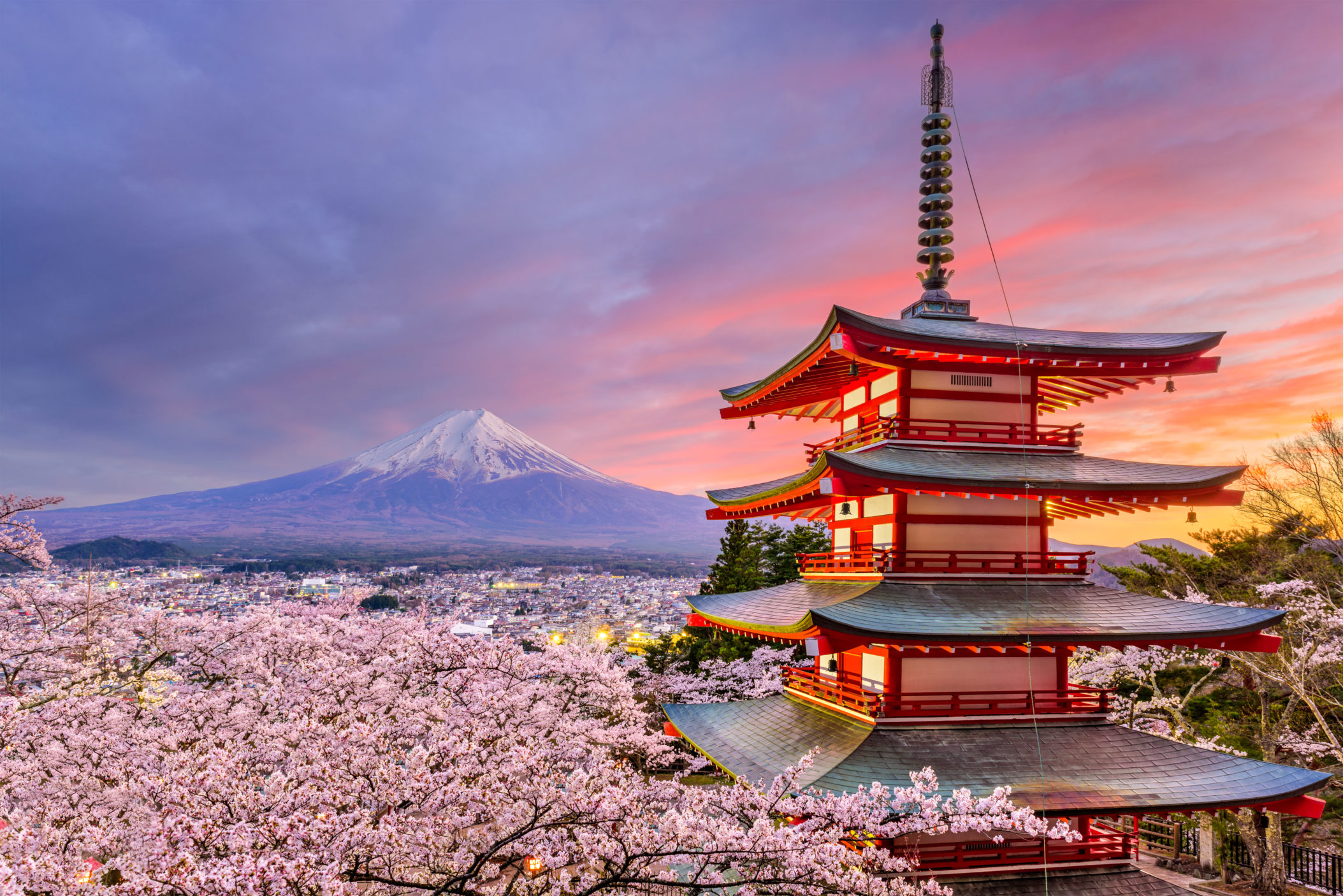Anime, a style of animation that originated in Japan, has become a global cultural phenomenon. Characterized by its colorful artwork, vibrant characters, and fantastical themes, anime has transcended geographical boundaries and captured the hearts of millions around the world. This article explores the origins of anime, its rise to international prominence, and its impact on global entertainment and culture.
Origins and Evolution of Anime
Anime’s roots can be traced back to the early 20th century, with Japanese filmmakers experimenting with animation techniques. However, the genre truly began to take shape in the 1960s with the release of “Astro Boy” (Tetsuwan Atom) by Osamu Tezuka. Often referred to as the “God of Manga,” Tezuka’s work set the stage for many conventions that define anime today, including expressive character designs and dynamic action sequences.
Throughout the 1970s and 1980s, anime continued to evolve, with influential works like “Mobile Suit Gundam” and “Dragon Ball” pushing the boundaries of storytelling and animation. The 1990s saw anime reach new heights with the international success of titles such as “Neon Genesis Evangelion” and “Sailor Moon,” which introduced global audiences to the depth and diversity of anime genres.


Genres and Themes
One of anime’s greatest strengths is its versatility in genres and themes. Unlike Western animation, which is often categorized by its target demographic, anime spans a wide range of genres that cater to various age groups and interests.
Shonen anime, aimed primarily at young male audiences, features action-packed stories with themes of friendship and perseverance. Popular examples include “Naruto,” “One Piece,” and “My Hero Academia.”
Shojo anime, on the other hand, is targeted at young female viewers and often explores romantic and emotional narratives. “Fruits Basket” and “Sakura Cardcaptor” are beloved examples of this genre.
For more mature audiences, seinen and josei anime tackle complex themes such as psychological struggles, societal issues, and adult relationships. “Cowboy Bebop” and “Berserk” are standout examples that showcase anime’s ability to address darker, more nuanced topics.


The Global Impact of Anime
Anime’s influence extends far beyond Japan, with a significant impact on global pop culture. The genre has inspired a multitude of fan communities, conventions, and merchandise worldwide. Anime conventions, such as Anime Expo in the United States and Japan Expo in France, attract thousands of fans who celebrate their favorite series through cosplay, panels, and screenings.
Streaming platforms like Crunchyroll, Funimation, and Netflix have played a crucial role in making anime accessible to a global audience. The availability of subtitled and dubbed versions of anime has allowed fans from diverse linguistic backgrounds to enjoy these unique stories.
Moreover, anime has influenced various aspects of Western entertainment. The art style and storytelling techniques found in anime can be seen in Western animated series and films, demonstrating the genre’s broad impact on global media.

Cultural Exchange and Artistic Innovation
Anime not only entertains but also fosters cultural exchange. It introduces international audiences to Japanese customs, language, and societal values through its storytelling. This exchange enriches global understanding and appreciation of Japanese culture.
Artists and creators worldwide draw inspiration from anime’s distinct visual style and narrative techniques. The genre’s emphasis on character development, world-building, and imaginative storytelling has led to a cross-cultural dialogue that continues to drive innovation in animation and entertainment.

Conclusion
Anime is much more than just an animated form of entertainment; it is a powerful cultural export that has shaped and influenced global media. With its diverse genres, rich storytelling, and artistic innovation, anime has established itself as a significant and beloved aspect of modern pop culture. As it continues to evolve and reach new audiences, anime’s impact on the world will undoubtedly endure, inspiring future generations of creators and fans alike.
For those new to anime or long-time enthusiasts, there’s always something new to discover in this vibrant and ever-expanding genre.















Leave a comment